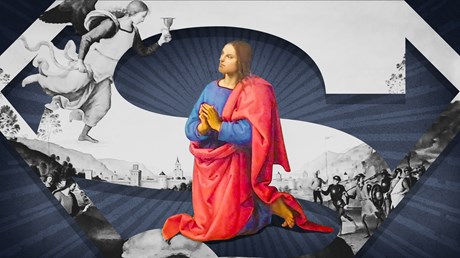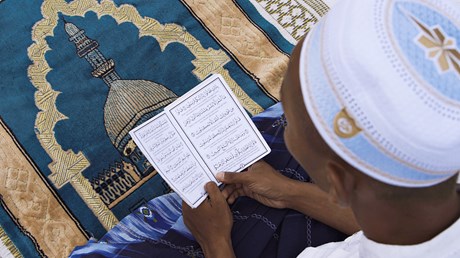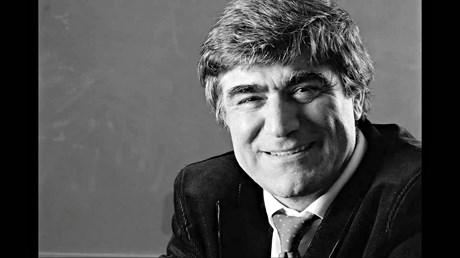Ministry is, first and foremost, about being a caretaker of a message.

Designer Frank Chimero has a recommendation for artists: Create “text playlists,” akin to Spotify song lineups but for favorite snippets of writing—poems you want to revisit, bits of advice or wisdom you need to be regularly reminded of, stories you know will kickstart your creativity on days when you need inspiration, and so on. “It’s almost a pep talk in text form,” Chimero explains. “I visit it when I’m down, when I’m lazy, when I’m feeling the inertia take over.” This idea isn’t original to Chimero—older generations would have called their text playlists “commonplace books”—but that makes it all the more worth embracing. Revisiting memorable texts is a way of ensuring they’ll be formative in our lives. It’s a practice that allows them to do their work of shaping our patterns of thought and action.
Recently I’ve begun compiling a text playlist for pastoral ministry. I was ordained last September, and now, in addition to teaching at a theological seminary, I work part-time at my local parish church. As I prepare sermons, visit parishioners in the hospital, lead Bible studies, and administer Communion, I find myself returning to some basic questions: What is the main thing I’m called to do? What is pastoral care, really? What does it mean to be a minister of the Good News?
In the months leading up to my ordination, as I prayed and pondered what I was about to embark on, I started collecting quotations that seemed to articulate with unique and striking clarity the answer to these questions.
News Agents for God
Consider this one, from the late Lutheran theologian Robert Jenson. When Jenson wrote these words ...
from Christianity Today Magazine https://ift.tt/3rFhEKr




